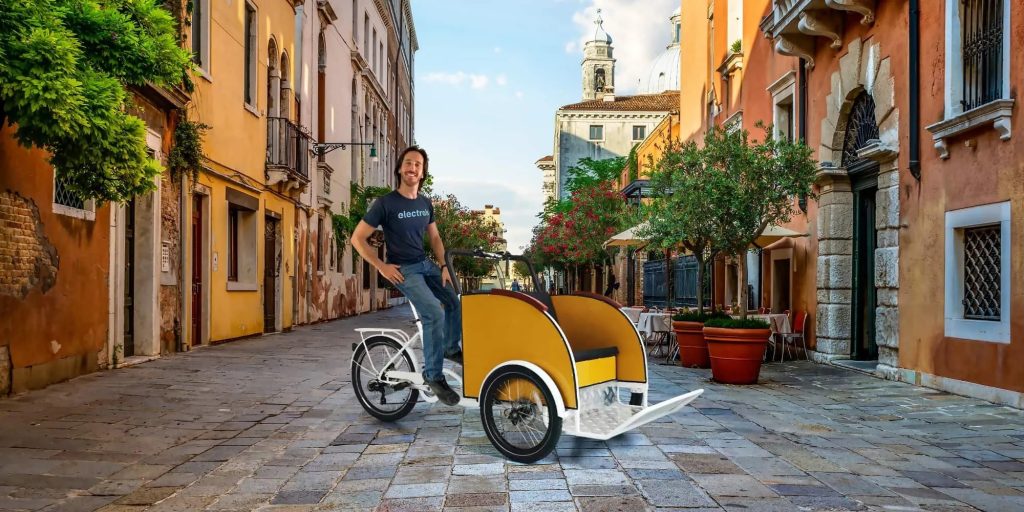As cities around the world grapple with rising congestion and environmental concerns, innovative transportation solutions are gaining traction. Among these, electric rickshaw bikes stand out as a promising alternative to traditional urban transport. Combining affordability, efficiency, and eco-friendliness, these electric vehicles are poised to revolutionize urban mobility. Electric rickshaw bikes, often referred to as e-rickshaws, are an evolution of the traditional rickshaw. Unlike their fuel-powered counterparts, e-rickshaws are powered by electric batteries. This shift from gasoline to electricity not only reduces the environmental impact but also offers a range of other benefits.
Environmental Benefits
One of the most compelling reasons to adopt Motrike electric rickshaw bikes is their positive impact on the environment. Traditional rickshaws, which are typically powered by gasoline or diesel, contribute to air pollution and greenhouse gas emissions. In contrast, e-rickshaws produce zero emissions during operation. By transitioning to electric power, cities can significantly reduce their carbon footprint and improve air quality, contributing to a healthier urban environment.
Cost-Effectiveness
Affordability is a major advantage of electric rickshaw bikes. The initial cost of an e-rickshaw is generally lower than that of a conventional motor vehicle, making it an accessible option for many individuals and small businesses. Additionally, the cost of electricity is significantly lower than gasoline, leading to reduced operational expenses. With lower fuel costs and minimal maintenance requirements, e-rickshaws offer an economical alternative for both operators and passengers.

Efficiency and Convenience
Electric rickshaw bikes are designed to navigate urban environments with ease. Their compact size and agility make them well-suited for congested city streets and narrow lanes. E-rickshaws can easily maneuver through traffic, reducing travel time and improving overall efficiency. Furthermore, their quiet operation enhances passenger comfort and minimizes noise pollution, contributing to a more pleasant urban experience.
Job Creation and Economic Growth
The rise of electric rickshaw bikes has the potential to create job opportunities and stimulate economic growth. As the demand for e-rickshaws increases, there will be a need for manufacturing, maintenance, and charging infrastructure. This growth can lead to job creation in various sectors, from production to service. Additionally, e-rickshaws can provide affordable transportation options for low-income communities, enhancing mobility and economic opportunities for those who may otherwise be underserved.
The Road Ahead
The future of urban transport is undoubtedly moving towards sustainability, and electric rickshaw bikes are a key player in this transformation. Their blend of environmental benefits, cost-effectiveness, and operational efficiency makes them an attractive option for cities looking to modernize their transport systems. As technology continues to advance and infrastructure improves, e-rickshaws are likely to become a staple of urban mobility, paving the way for cleaner, greener, and more efficient cities.
Electric rickshaw bike represent a forward-thinking approach to urban transport. Their ability to offer affordable, eco-friendly, and efficient travel solutions positions them as a viable alternative to traditional vehicles. As cities embrace this innovative mode of transport, the benefits of electric rickshaw bikes will become increasingly evident, marking a significant step towards a more sustainable future.